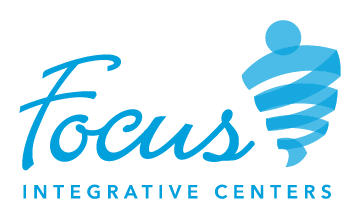March was a very special opportunity to celebrate the women and men in the field of social work as it is National Social Work Month. There are an estimated 642,000 social workers in the United States, and the field spans a wide range of social responsibilities, from clinical diagnosis and treatment to case management, community advocacy, school resourcing, and more.
Eating Disorder Awareness Week
This week is nationally recognized as eating disorder awareness week (February 25th– March 3rd, 2019). Eating disorders are biologically based mental illnesses that affect an estimated 30 million Americans of all ages, genders, socio-economic status, and ethnicities. Eating disorders are serious and life-threatening, and of all mental health illnesses, eating disorders have the highest mortality rate.
Types of eating disorders include clinical diagnosis: binge eating disorder, bulimia, anorexia, avoidant restrictive food intake disorder, as well as sub-clinical diagnosis: diabulimia, orthorexia, body dysmorphia, exercise addiction, and/or other related issues that impact normative food intake, exercise habits, and regulated body image.
The Cure for Resolution Burnout
Show of hands: How many of us created resolutions to start off 2019 on the “right foot”? Most of us, right?
Now for those of us who raised our hands (myself included): how many of those resolutions have been abandoned already?
Statistics suggest that 80% of New Year’s Resolutions fail by February. Isn’t that wild? Turns out, it’s not just normal - it’s completely understandable.
Don't Hit "Snooze" on Those Winter Blues: Understanding Seasonal Affective Disorder
It’s that time of year again. And we don’t mean the holidays. For 5% of Americans, the end of fall/beginning of winter marks the beginning of an annual slump. Some know it as “The winter blues”, “a seasonal funk”, or even “the holiday hangover”... in the clinical world, it’s known as Seasonal Affective Disorder (SAD), or Seasonal Depression.
Gratitude: Just a Trendy Word or a Form of Mental Training?
“Gratitude” seems like one of those sticky catch-all words. It conjures up the image of a family at Thanksgiving dinner going around the table and professing all that they are grateful for. It conjures up images of writing thank-you cards for gifts (an oft-dreaded practice). These are certainly good practices of gratitude - and there’s more to living a gratitude-driven lifestyle than a simple “thank you”!
9 Things To Know About Medication Management for Mental Health
It can be scary to imagine yourself living a life without your mental illness holding you back - when you have struggled for so long, it can be easy to over-familiarize yourself with your symptoms because they are familiar, comfortable, and safe. However, we are not our brains (I’ll say it again: we are not our brains). We are affected by the way our brains function, but we are not forever defined by what our brains do.

